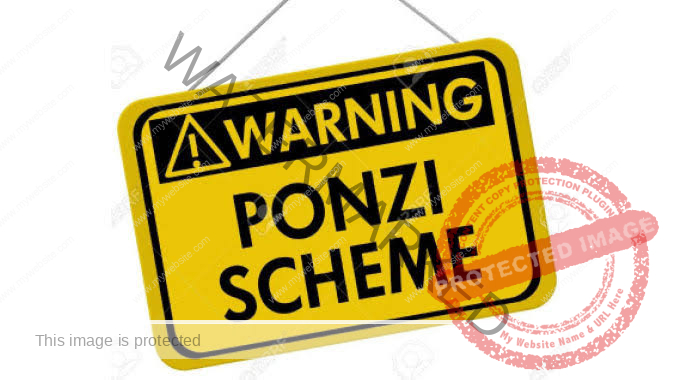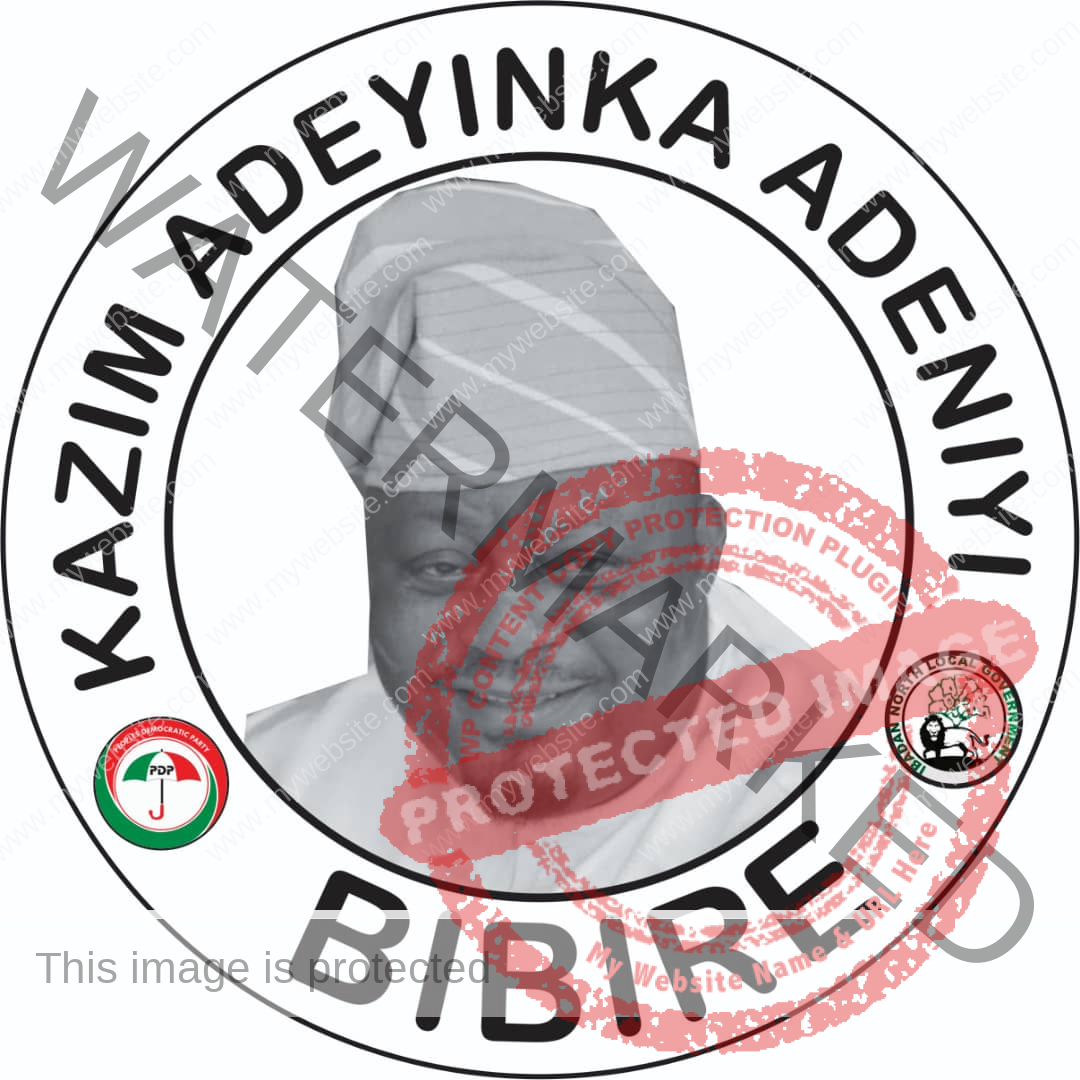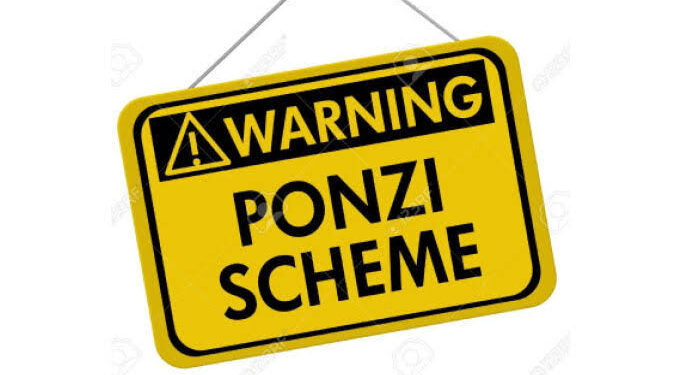

In the past decade, Nigeria has been plagued by a wave of Ponzi schemes that have drained citizens of trillions of naira, leaving millions in financial ruin and despair. These scams, disguised as investment opportunities, donations, or cooperative societies, promise unusually high returns with minimal effort, preying on the desperation of individuals seeking financial salvation.

From the infamous MMM Nigeria that shook the nation in 2016, to the more recent BitFinance Global and CBEX in 2025, these scams share a similar DNA: they promise high returns for little effort, thrive on ignorance, prey on desperation, and vanish without trace. Despite warnings from financial experts and some regulatory agencies, many of these platforms operated openly, some even advertising on national television and partnering with celebrities and influencers.

The Economic and Financial Crimes Commission (EFCC), Central Bank of Nigeria (CBN), and Security and Exchange Commission (SEC) have often reacted after the damage was done. While some perpetrators have been arrested, many remain free, rebranding under new names or relocating their digital operations abroad. The lack of coordinated intelligence sharing and the absence of punitive regulations have turned Nigeria into a fertile ground for financial predators.
SaharaReporters can now reveal a comprehensive list of 50 Ponzi schemes that have devastated households, ruined small businesses, and exposed the Nigerian government’s inability to protect its people from organized digital fraud. These schemes have left millions of Nigerians in tears, despair, and in some cases, death.
The list includes various schemes that operated under different guises, promising unusually high returns and preying on the desperation of individuals. The operators of these schemes often used sophisticated marketing tactics, including advertising on national television and partnering with celebrities and influencers.


The Nigerian government has been criticized for its slow response to the crisis, with many arguing that more needs to be done to prevent these schemes from operating in the first place. The lack of effective regulation and oversight has allowed these schemes to flourish, leaving countless Nigerians financially ruined.
The impact of these schemes has been devastating, with many individuals losing their life savings and struggling to make ends meet. The psychological toll of these schemes should not be underestimated, with many victims experiencing anxiety, depression, and even suicidal thoughts.
The Nigerian government must take immediate action to address this crisis and prevent further financial devastation. This includes strengthening regulatory agencies, increasing public awareness, and providing support to victims of these schemes.
By taking a proactive approach, the Nigerian government can help prevent further financial losses and protect its citizens from the scourge of Ponzi schemes.
The Full List:
2016: The Year the Floodgates Opened
- MMM Nigeria
- Ultimate Cycler
- Get Help Worldwide (GHW)
- Twinkas
- Icharity Club
- Crowd Rising
- Claritta
- Help2Get
- Loopers Club
- Givers Forum
2017: The Copycat Craze
- NNN Nigeria
- MMM Cooperation
- GCCH (Global Crediting Cooperative Hub)
- Money Riot
- RevoMoney
- SwissGolden (Nigeria version)
- NNU (Nigeria News Update)
- Peer2Peer Donation
- Twinkas Reloaded
- Donation Hub
- MyBonus
- ZarFund
2018 – 2020: Crypto and Cooperatives Take Over
- Bitclub Advantage
- Million Money
- Helping Hands International
- DGSOUK
- Pennywise
- Loom
- Crowd1
- Lion’s Share
- InksNation
- Baraza Multipurpose Cooperative
- Racksterli
2021 – 2022: Tech-Fueled Deception
- 86FB (aka 86Z)
- Eagle Cooperative
- Royal Q (Nigerian scam version)
- FINAFRICA
- Ovaioza Farm Produce Storage
- QNet (Nigeria)
- Afriq Arbitrage System (AAS)
- MBA Forex
- Chinmark Group
- Inksledger
- Axim Exchange
2023 – 2025:
- CALA (Cala Finance)
- 6Dollars Investment
- Sidra Investment (cloned scam version)
- WealthBuddy
- Compoundly
- BitFinance Global
- CBEX














